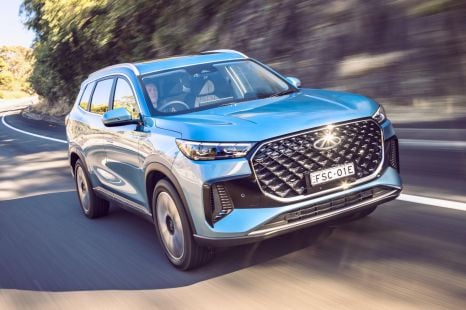

Max Davies
4 Days Ago

News Editor
Ssangyong’s would-be suitor Edison Motors is trying to salvage its acquisition deal after it failed to make its final payment before the deadline.
Pulse News reports the electric bus manufacturer has filed for a stay against the Seoul Bankruptcy Court’s decision to nullify its acquisition deal.
The court had reportedly invalidated Edison’s exclusive status for a controlling stake in SsangYong, and ruled SsangYong couldn’t therefore withdraw the initial payment made by Edison.
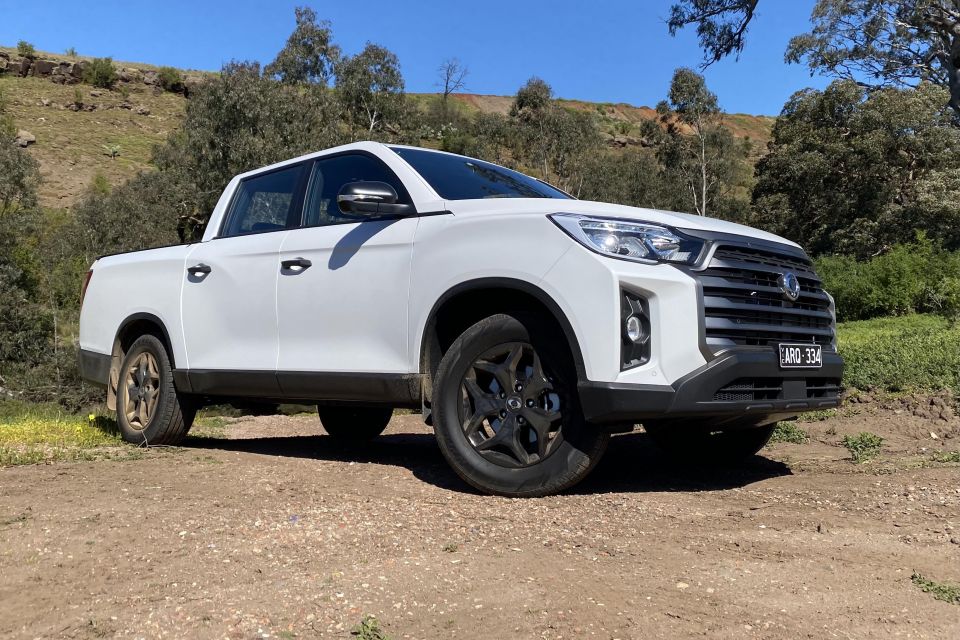
In effect, it ruled the deal was dead. SsangYong has reportedly already confirmed it’s looking for a new buyer, but remains in court receivership.
The Korea Bizwire reports one company has put its hand up to buy the company, with underwear manufacturer Ssangbangwool Inc saying it’ll form a consortium of its affiliates to acquire the automaker.
Should an appropriate buyer not be found and should the court reject a rehabilitation plan submitted by the ailing automaker, the company could face liquidation.
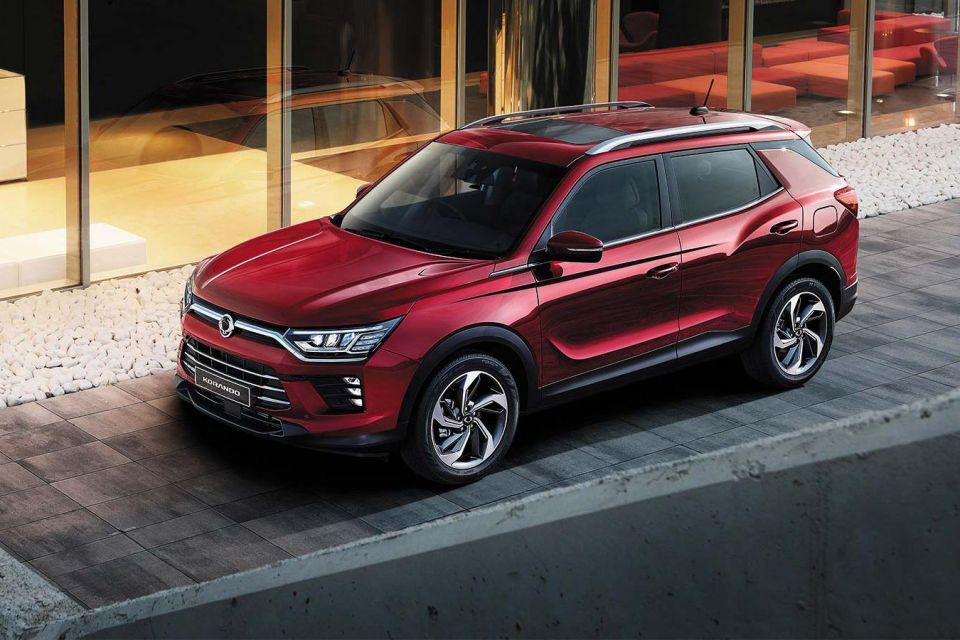
The Edison-led consortium had offered to buy the beleaguered automaker for 304.8 billion won (A$331 million) and had paid 10 per cent.
“Whatever Edison says cannot justify its failure to meet payment obligation. We will strongly argue who is to be blamed for the collapse in the deal,” said a SsangYong official, per the Pulse News report.
A full assembly of stakeholders were reportedly set to meet on April 1 to vote on the deal.
This meeting has been cancelled, and the court has reportedly given a new date – May 1 – for SsangYong to submit a restoration scheme.
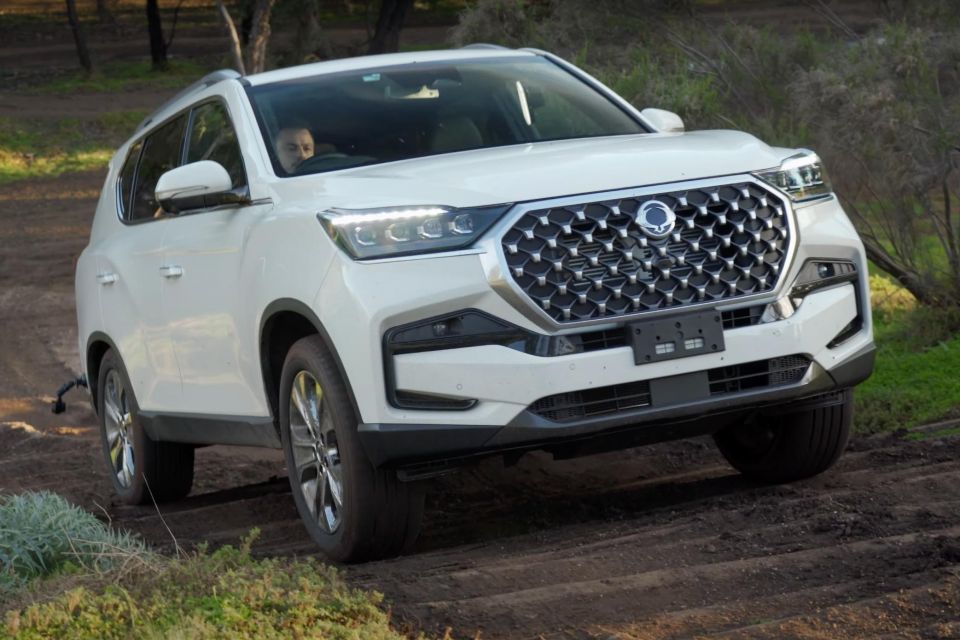
It was already looking shaky for Edison’s deal, with its creditors rejecting it in objection to the proposed debt restructuring and payment scheme and its labour union opposing it due to concerns about Edison’s viability.
The union reportedly raised concerns Edison Motors didn’t have sufficient electrification technology for use in passenger vehicles and SUVs, despite Edison’s claims it could leverage its technology to shift production of petrol- and diesel-powered models to EVs within months.
SsangYong and Edison have also reportedly been in disagreement about key acquisition issues, such as management rights and the scope of technology sharing.
Yonhap reports SsangYong’s annual financial report has already been rejected by external auditor Samjong KPMJ following the collapse of Edison’s takeover deal.
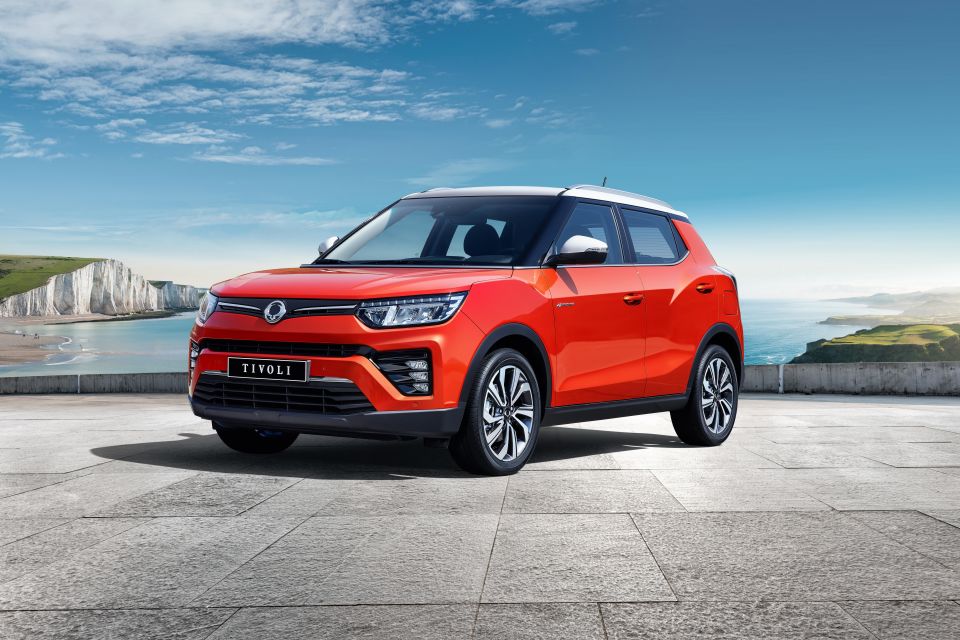
“We have doubt over SsangYong Motor’s ability to continue its business,” Samjong reportedly said in its report.
The company has posted losses every year since 2017, recording an operating loss of 260.6 billion won in 2021.
The Edison-led consortium was chosen by the bankruptcy court last October as the preferred bidder for SsangYong, after owner Mahindra & Mahindra put it on the market.
In January 2022, the court granted approval for the purchase.
It’s unclear if SsangYong will be able to find a more favourable deal.

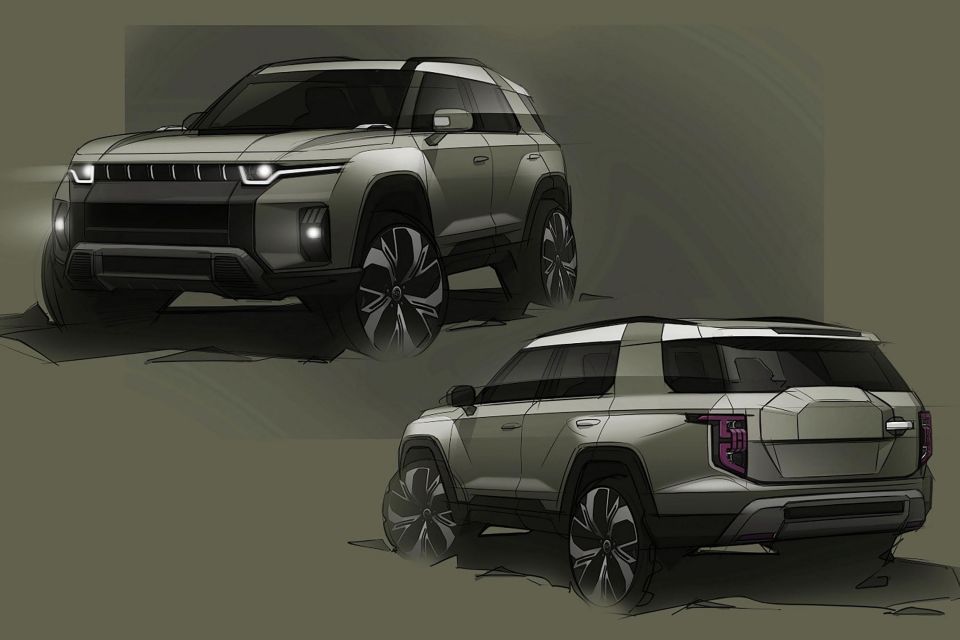
After some prospective bidders dropped out, the court had three potential buyers to choose from: the Edison consortium, Los Angeles-based start-up Indi EV, and another consortium led by Korean firm Electrical Life Business and Technology.
None of these companies currently produce electric vehicles, or SUVs or utes in general.
SsangYong has already commenced production of the electric Korando E-Motion, and has released sketches of two other electric SUVs in development: the KR10 and the J100.
The company entered court receivership in April last year, when Mahindra & Mahindra said it would no longer fund it and confirmed it wanted to sell its 74.65 per cent stake in it.

That meant SsangYong had to go into court receivership once again in its life, having gone through this process a decade earlier.
SsangYong’s home life has been troubled for years, and it never seems to have a stable parent for long.
Daewoo bought a controlling stake in the company in 1997, only to offload it in 2000 as it experienced perilous financial woes of its own.
It endured a tumultuous few years under Chinese ownership, with SAIC Motor acquiring 51 per cent in 2004 but walking away in 2009 and leaving it in receivership.
Mahindra was the next parent to adopt SsangYong, acquiring a controlling stake of 70 per cent for 523 billion won in 2011.
CarExpert helps new car buyers save thousands with expert reviews, honest advice, and transparent pricing – no dealer pressure and no sales games.
William Stopford is an automotive journalist based in Brisbane, Australia. William is a Business/Journalism graduate from the Queensland University of Technology who loves to travel, briefly lived in the US, and has a particular interest in the American car industry.


Max Davies
4 Days Ago
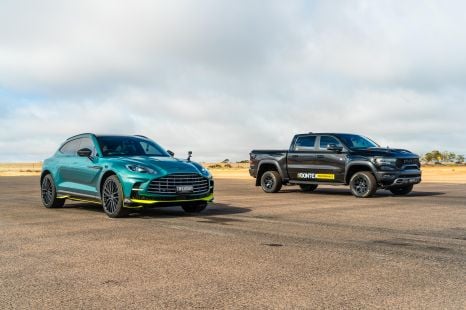

Paul Maric
4 Days Ago
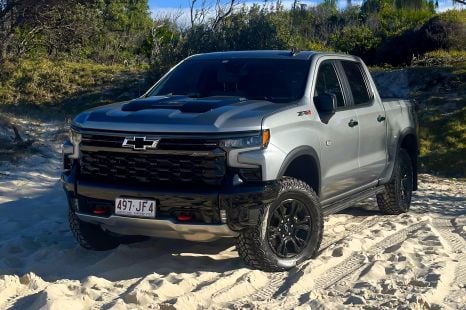

William Stopford
4 Days Ago
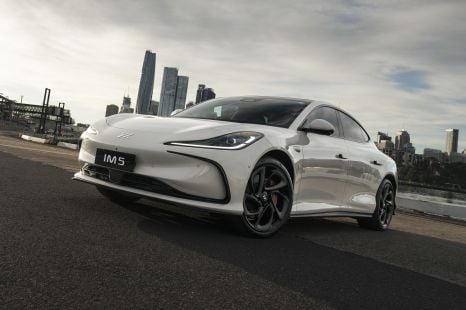

William Stopford
3 Days Ago
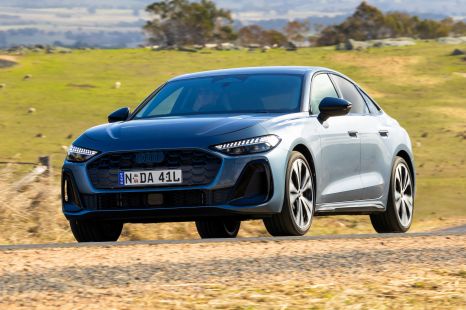

James Wong
2 Days Ago
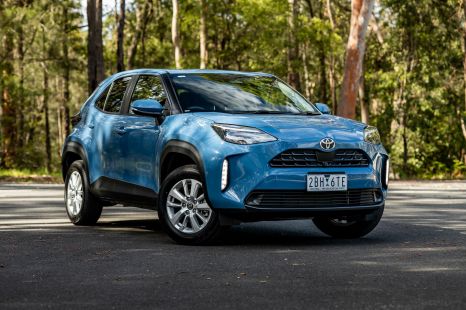

Matt Campbell
18 Hours Ago